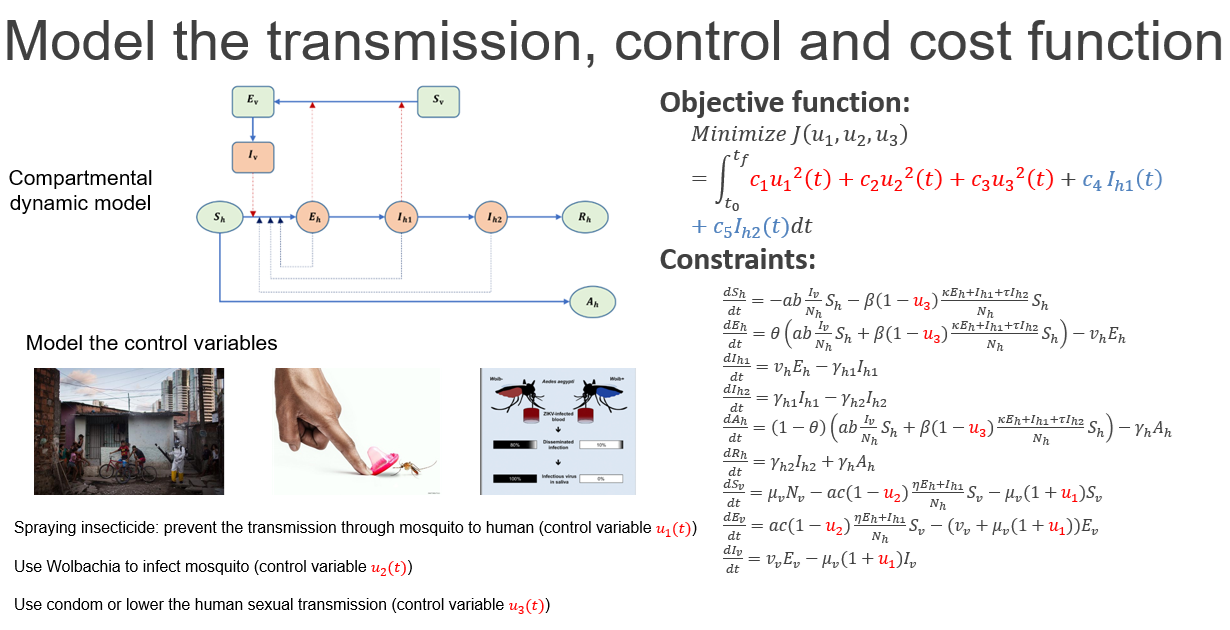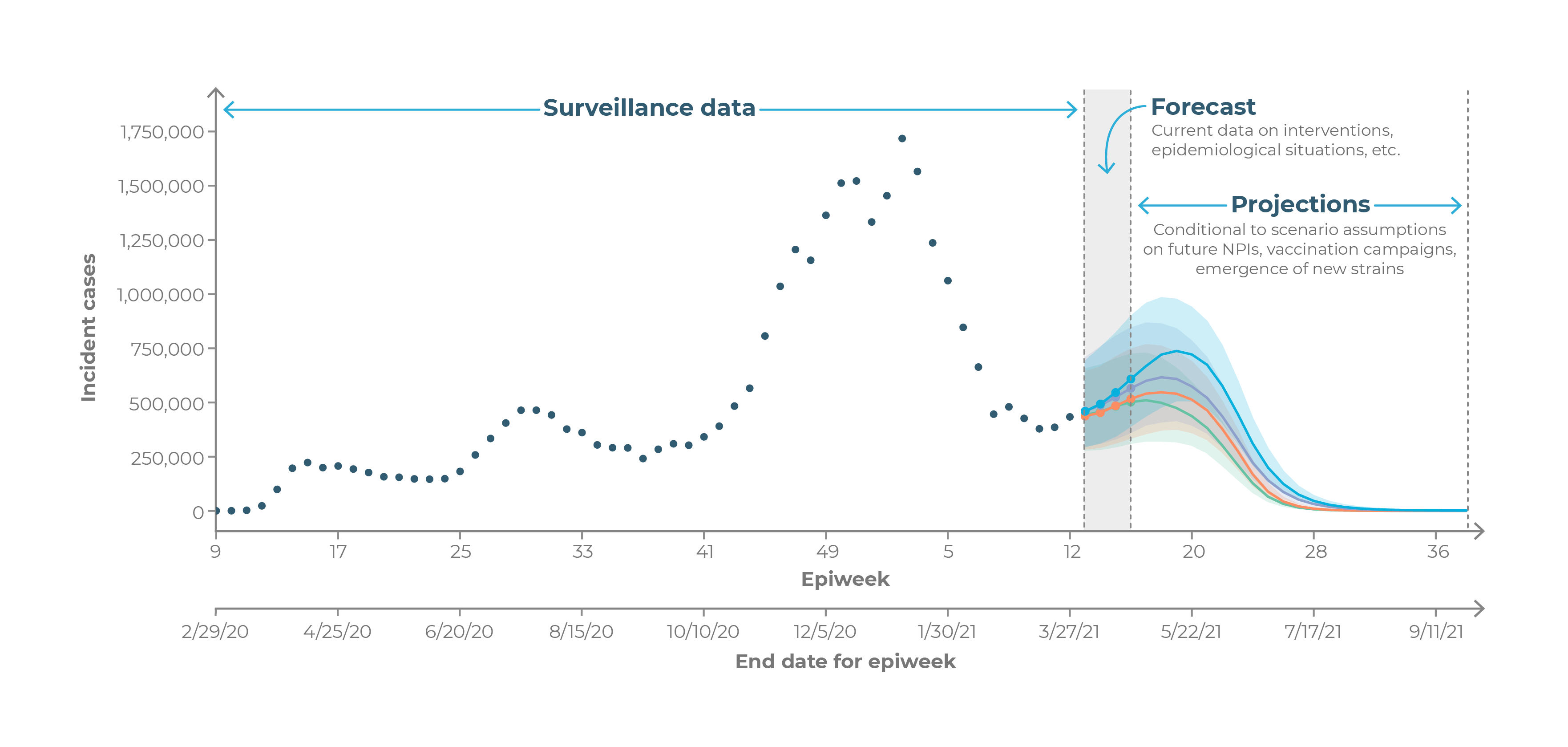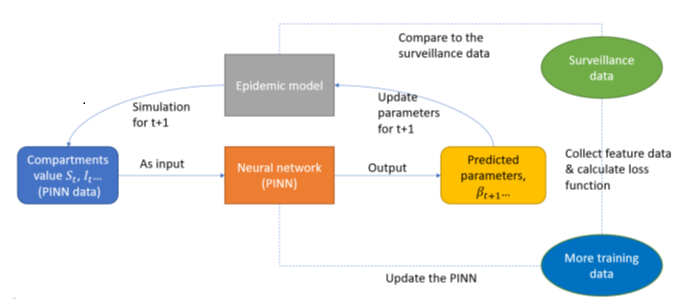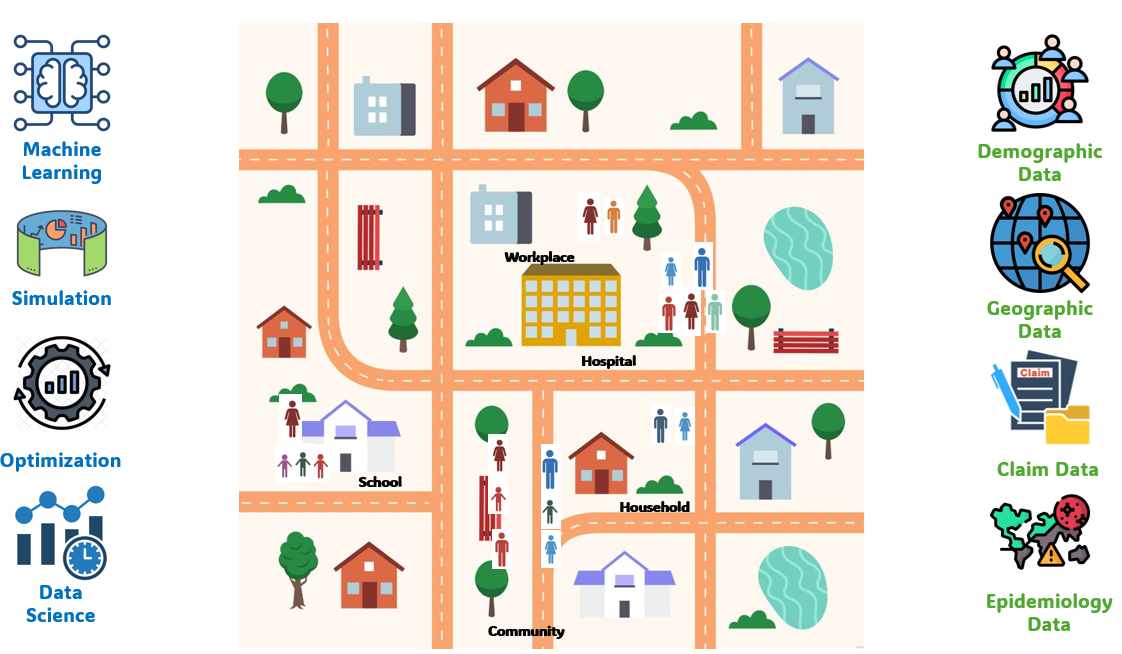Cost-effecivness Optimal Control for Infectious Diseases
We are employing diverse optimization techniques to address the optimal control problem and reduce overall epidemic costs—encompassing both infection-related and intervention expenses. Our approach integrates rigorous theoretical methodologies with data-driven strategies. 



